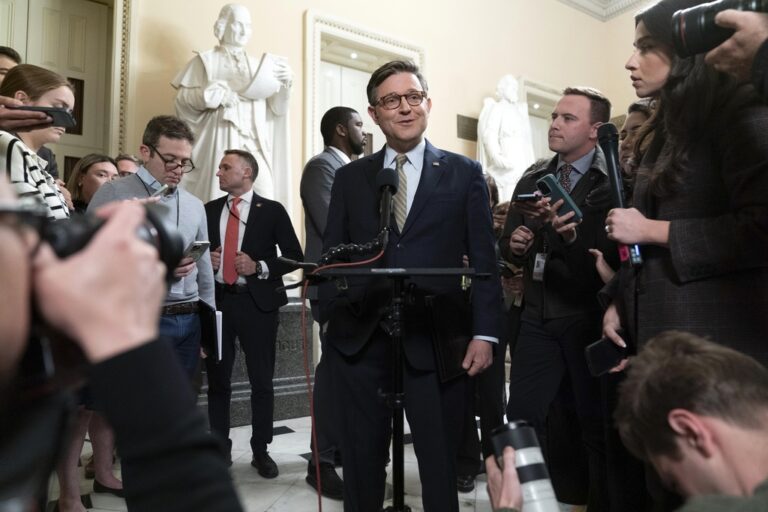 Nearly complete returns showed that Britain’s opposition Conservative Party outpolled rivals but fell short of a parliamentary majority in Thursday’s closely contested U.K. election—an outcome that sets up a struggle between the major parties to try to form a government.
Nearly complete returns showed that Britain’s opposition Conservative Party outpolled rivals but fell short of a parliamentary majority in Thursday’s closely contested U.K. election—an outcome that sets up a struggle between the major parties to try to form a government.
But Nick Clegg, the leader of the kingmaker Liberal Democrats, on Friday handed the Conservatives the first opportunity to form the new government, saying “it is now for the Conservative Party to prove it is capable of governing in the national interest.”
With 31 electoral districts yet to declare, the Conservatives were set to be the largest grouping in the new legislature. But with only 291 out of the 616 constituencies that have declared, the party can’t win the 326 seats needed to secure a majority that would return it to power after 13 years of Labour rule. Labour had 251 seats, while the Liberal Democrats had 51.
Exit polls conducted by U.K. broadcasters had predicted the Conservatives, led by David Cameron, would be 21 votes short of a majority. Labour, headed by Prime Minister Gordon Brown, was forecast to claim 255 seats—94 fewer than it won five years ago.
Despite a pre-election surge by the Liberal Democrats, fueled by Mr. Clegg’s TV debate performances, exit polls forecast his party to win just 61 seats, losing ground since the last election. In the popular vote, the Conservatives led handily with more than 36%, to Labour’s 29%. The Liberal Democrats had almost 23%, well off their numbers in opinion polls.
Even with their disappointing election results, the Liberal Democrats have found themselves in the pivotal role of being kingmakers in the now inevitable hung Parliament that will force party leaders into a complex negotiation to determine who will control Britain’s government as it battles a record budget deficit and sluggish economy. As expected, Moody’s Investor Service and S&P both said Friday morning they intend to review the country’s top-notch AAA rating after a new government takes charge and establishes a medium-term fiscal policy.
Mr. Brown, as sitting prime minister, would have the first chance to form a winning coalition despite apparently trailing in Parliament seats by a significant margin. “The rules are that if it’s a hung Parliament, it’s not the party with the largest number of seats that has first go, it’s the sitting government,” Peter Mandelson, the Labour business secretary, told British Broadcasting Corp.
(Read More: WSJ)










